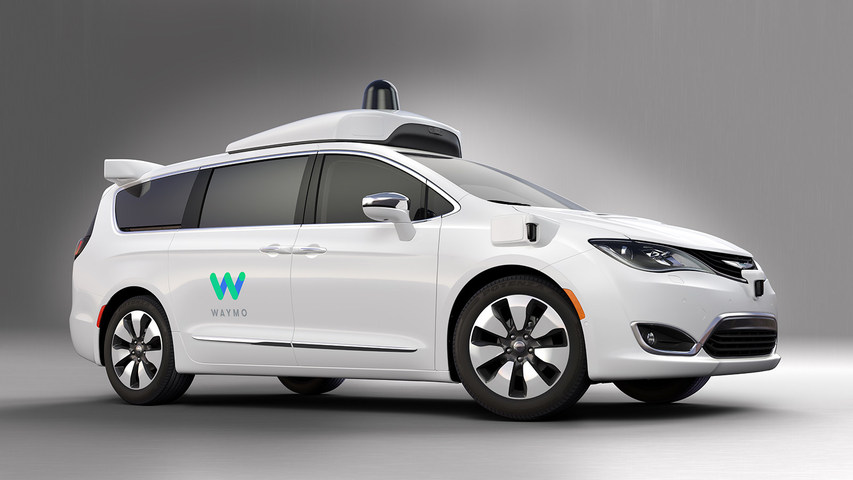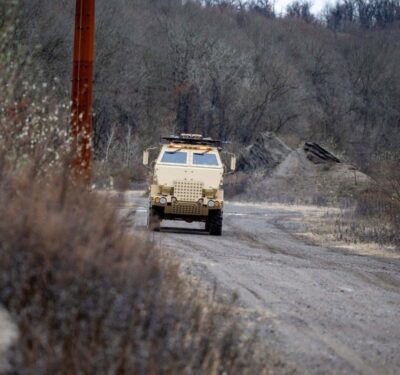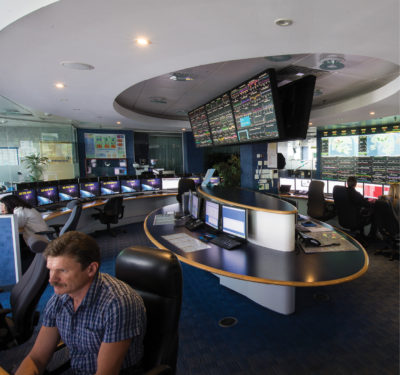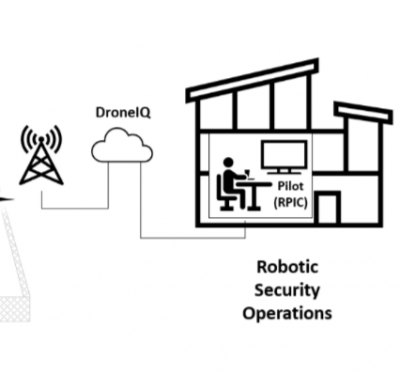
Autodesk VRED Professional 2017 SR1
After several months of industry speculation, Apple has been granted a permit to test autonomous vehicles on California’s highways.
Last week, the California Department of Motor Vehicles (DMV) granted Apple a permit that allows the company to test autonomous vehicle technology in three 2015 Lexus RX 450h sport utility vehicles. The permit allows six people to control the self-driving vehicle.
Apple has been tight-lipped about its involvement in autonomous vehicle development for years. In fact, according to published reports, the company internally calls the effort Project Titan, or Apple Car, depending on who you talk to.
The company hired talented automotive engineers two years ago, but then laid off dozens, making it seem as if they were not diving into the autonomous vehicle fray. That fray has a number of big automotive companies as well as Google’s Waymo and Uber involved.
Because of turbulent personnel issues, the industry believed Apple was toning down its autonomous vehicle development—until it made comments on proposed Federal Automated Vehicle Policy in November 2016.
As Inside Unmanned Systems reported, Apple, in a letter to the head of the NHTSA, Apple’s Steve Kenner, director of product integrity, said the company is investing heavily in machine learning and automation, including for transportation.
While the letter did not offer specific areas Apple will be working in, it did promote autonomous vehicles technology as a way to prevent millions of car crashes and thousands of fatalities each year.
The company said that the industry should share data to help improve autonomous vehicle’s development and rollout. “By sharing data, the industry will build a more comprehensive dataset than any one company could create alone. This will allow everyone in the industry to design systems to better detect and respond to the broadest set of nominal and edge-case scenarios,” the letter said. “Apple looks forward to collaborating with other stakeholders to define the specific data that should be shared.”
Other Apple NHTSA recommendations were:
• That NHTSA and the industry explore Computer Aided Engineering analysis and other simulation methods, such as Human Body Models, as viable means to validate crashworthiness where traditional physical test methods may be limited;
• That companies employ a range of hazard and threat analysis methods to identify and mitigate potential safety and cybersecurity issues early in development and as technologies evolve
• That the Federal Government maintains sole authority over the safety of motor vehicles and motor vehicle equipment—including automated driving systems—and that states adopt NHTSA’s Model State Policy to avoid policy proliferation and inconsistencies that may prevent or delay deployment.
Overall, the California DMV has approved more than two dozen autonomous vehicle test permits from automotive manufacturers, start-ups, suppliers and others. The complete list, from the California DMC website, is: Volkswagen Group of America, Mercedes Benz, Google, Delphi Automotive, Tesla Motors, Bosch, Nissan, GM Cruise, BMW, Honda, Ford, Zoox, Drive.ai, Faraday Future Inc., Baidu USA, Wheego Electric Cars, Valeo North America, NextEV USA Inc., Telenav Inc., NVIDIA Corp., AutoX Technologies Inc., Subaru, Udacity Inc., Navya Inc., Renovo Motors Inc., UATC LLC (Uber), PlusAi Inc., Nuro Inc., CarOne LLC, and Apple Inc.






